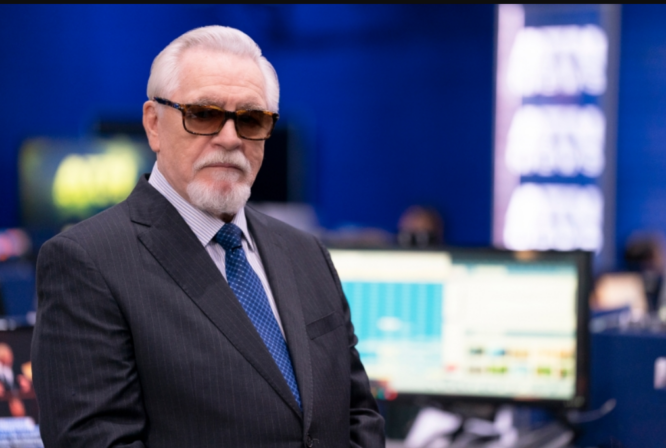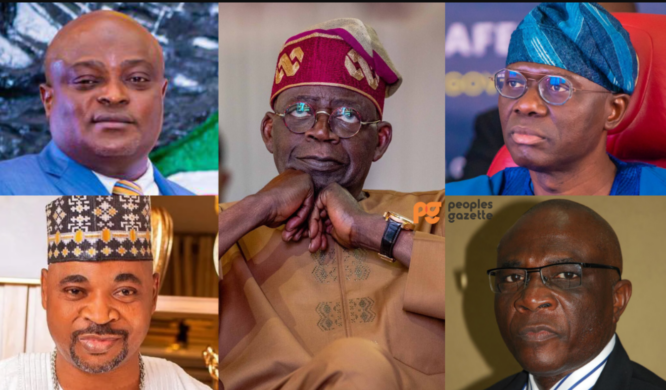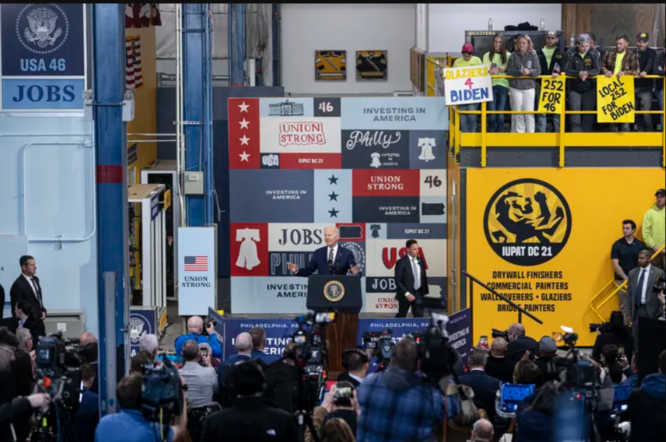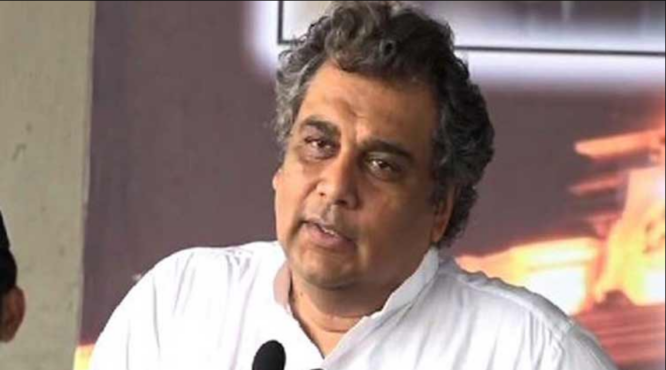“Politics is about who deserves to be more important,” political scholar Harvey Mansfield said two decades ago. Classical politics—elections, market, and family dynamics—draws us not only to distribute power, allocate resources, and secure rights, but also to satisfy thumos, “the part of the soul that makes us want to insist on our own importance.”
In On Revolution, Hannah Arendt said that Greek political thinking defined “freedom” as actions that “could appear and be real only when others saw them, judged them, remembered them.” “[A] free man needed the presence of others,” she said.
Politics may appear selfish or antisocial. Not so. Mansfield and Arendt understood that politics requires regular human engagement.
Politics makes us want to be great, which brings us closer to others but also pushes us away. That odd interaction helps us comprehend our politics and one of the most highly praised TV programs in recent history.
Succession viewers have watched the affluent and powerful Roys battle with business dealings, elections, family friction, and more for four tumultuous seasons.
Logan Roy (Brian Cox), the aged patriarch, founded Waystar RoyCo and its Fox News-like television network, ATN, before the story begins. Logan resolves not to lose control of Waystar as his health worsens, while three of his children—Kendall, Shiv, and Roman—desperately try to make names for themselves by taking over the company to finally win their father’s praise (and, tragically, love). The Roys have always fought about wanting to succeed and be seen succeeding.




